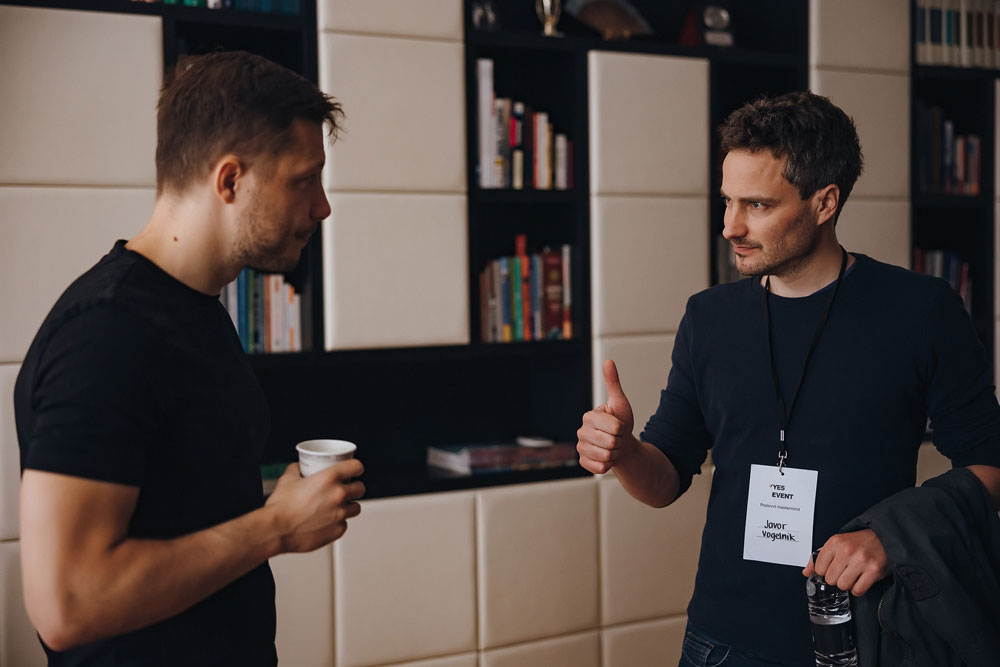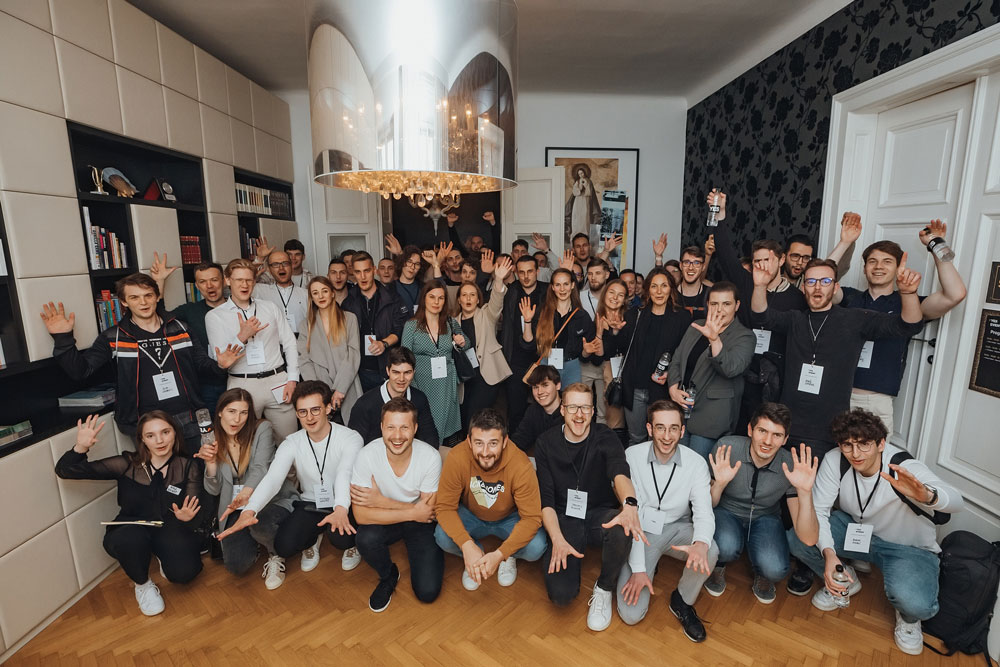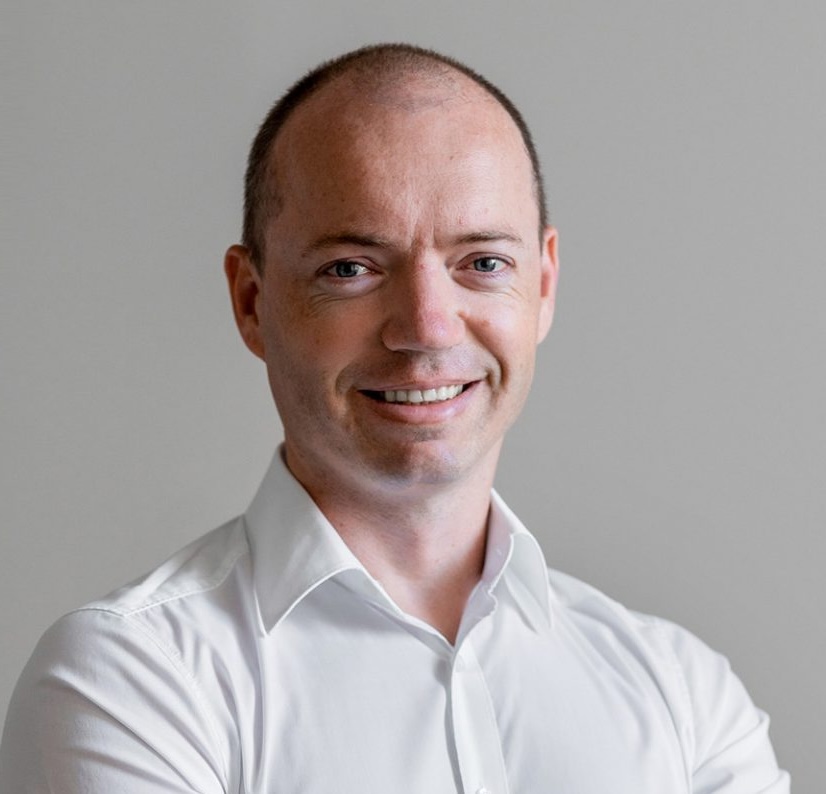Two seemingly unrelated concepts connect the Poslovni mastermind (eng. Business Mastermind) event. The concept of "mastermind" is increasingly becoming part of the programming repertoire of entrepreneurship events and programs, accelerators and, more generally, ways of learning and sharing new knowledge and experiences. This year, Business Mastermind has been included in the Startup Plus program, through which the Slovenian Enterprise Fund supports the development and growth of the Slovenian startup ecosystem. Organized by the Združenje YES (eng. YES Association), the two-day event at the end of May brought together 18 experts who attracted 178 participants with interesting topics.
What is the core of the event?
It is an event that brings together a group of entrepreneurs, founders and leaders in a small, tight-knit community. The goal is to improve business, solve challenges, discover new opportunities, and foster personal and professional development. The main characteristic of this format is team collaboration, where each participant brings their experience, knowledge and opinions and shares them with others, fostering synergies and creating innovative solutions.

Jani Pravdič, soorganizator dogodka v debati z udeležencem
"Mastermind" invented by Charles Darwin
The term "mastermind" was originally derived from the literary works of Charles Darwin, who used it to describe group thinking and working together to solve challenges. In an entrepreneurial context, the term was brought to the attention of business enthusiasts in 1937 by Napoleon Hill, the American author of the classic "Think and Grow Rich".

Udeleženci Podjetniškega masterminda
From artificial intelligence to team management
The organizers selected the topics based on their many years of experience in organizing similar events for their members, and then sought out individuals who had a wealth of experience and in-depth knowledge on each topic. As a result, attendees were able to enjoy a program with the following experts:
-
Boris Cergol spoke about the use of artificial intelligence in business,
-
Klemen Selakovič on how to become a successful content creator,
-
Ivanka Mabič Gagič on selling successfully on Amazon,
-
Tim Berce on effective copywriting,
-
Domen Rozman o gradnji prepoznavno znamko s TikTokom,
-
Jan Forsthuber o tem, kako razviti uspešen fizičen produkt,
-
Primož Oberč on building a recognizable brand with TikTok,
-
Jan Pinterič on entrepreneurship as a way of life,
-
Gregor Kosi on managing a winning team,
-
Gregor Gostinčar on using YouTube to grow your business,
-
Peter Mesarec on how to use SEO to reach the top positions on Google,
-
Eva Škedelj on Ad policy,
-
Jan Bešter on how to succeed with native advertising,
-
Črt Podlogar on the recipe for success with performance marketing,
-
Timotej Gračner on how to get from idea to implementation quickly in the case of an online shop,
-
Simon Terbovšek on how to set up a profitable online shop,
-
Matej Bešter on the 4 stages to a 20 million turnover and sales business, and
-
Primož Božič on using email marketing to grow your business.
A wide range of Startup Plus Programs available again next year
Over the past five years, the Slovene Enterprise Fund has also organized a number of other cutting-edge entrepreneurial programs for portfolio companies, such as the Startup Clinic, the Podim conference, vertical accelerator programs, international accelerator programs, the Grow Digital program, the International Investor Meetup, and many others. The content programs effectively complement financial products such as P2, SK75 and SI-SK. The wide range of programs will be available to entrepreneurs again at the beginning of next year, as the current financial perspective comes to an end this year.
###
Content support for recipients of P2, SK75 or SI-SK financial products under the "de minimis" scheme is co-financed from the Slovene Enterprise Fund and the European Union from the European Regional Development Fund. This is implemented on the basis of the Content Support for Funds Recipients (SMEs) Programme in the 2018-2023 period, under the Operational Programme for the Implementation of the European Cohesion Policy 2014-2020.










